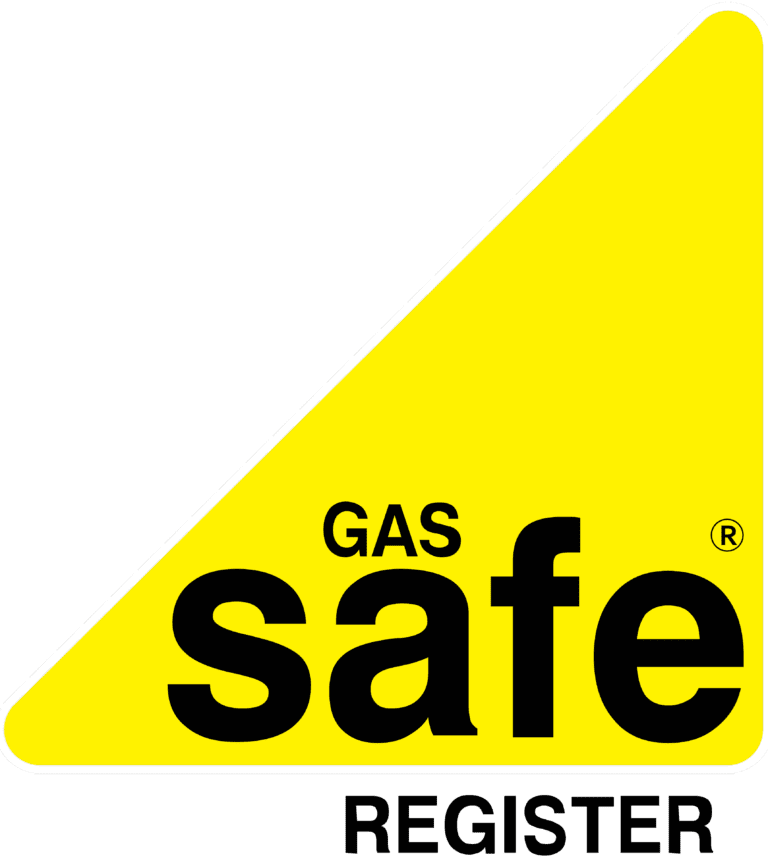Table of Contents
Ensuring the safety of tenants is a fundamental responsibility for landlords, particularly when it comes to gas safety. One of the crucial components of this obligation is obtaining a gas safety certificate. This guide provides essential information regarding gas safety certificates, outlining their importance, legal implications, and the processes involved in securing one.
What is a Gas Safety Certificate and Why Do Landlords Need It?
Understanding the Gas Safety Certificate
A gas safety certificate, often referred to in the industry as the CP12, is an official document that confirms that a property’s gas appliances, fittings, and flues have undergone a thorough inspection. The certificate is issued by a qualified gas safe registered engineer who assesses the condition and safety of all gas installations within the property. This document serves as a crucial assurance for both landlords and tenants that the gas appliances are safe to use and compliant with the relevant gas safety regulations.
Legal Requirements for Landlords
In the United Kingdom, it is a legal requirement for landlords to obtain a gas safety certificate for any property where gas appliances are present. This obligation is part of the Health and Safety at Work Act 1974 and the Gas Safety (Installation and Use) Regulations 1998. Landlords are mandated to ensure that a gas safety check is conducted annually, and upon completion, they must provide tenants with a copy of the gas safety record. Failing to adhere to these regulations can lead to significant legal repercussions, including hefty fines and potential imprisonment.
Consequences of Not Having a Gas Safety Certificate
Not possessing a valid gas safety certificate can have dire consequences for landlords. Aside from the legal ramifications, which may include prosecution and financial penalties, landlords may also face civil liabilities in the event of a gas-related accident. This includes incidents involving carbon monoxide poisoning, which can occur due to faulty appliances or inadequate ventilation. Furthermore, a lack of compliance can damage a landlord’s reputation, making it difficult to attract and retain tenants in the future.
How to Get a Gas Safety Certificate: A Step-by-Step Guide
Finding a Gas Safe Registered Engineer
The first step in obtaining a gas safety certificate is to find a qualified gas safe registered engineer. These professionals are trained and accredited to carry out gas safety checks and inspections. Landlords can search the Gas Safe Register website to locate a gas engineer in their area. It is crucial to ensure that the engineer holds the appropriate qualifications and experience related to the specific gas appliances installed in the property.
What to Expect During a Gas Safety Check
During a gas safety inspection, the gas safe registered engineer will conduct a series of tests and assessments on all gas appliances within the property. This includes checking for gas leaks, ensuring that appliances are functioning correctly, and testing the flue for safe ventilation. The engineer will also examine the condition of gas pipes and fittings, assessing them for any signs of wear or damage. Following the inspection, the engineer will provide a detailed report outlining their findings and, if all is well, issue the gas safety certificate.
How Long Does It Take to Get Your Gas Safety Certificate?
The duration of the gas safety check may vary depending on the number of appliances present and the size of the property. Typically, a gas safety inspection can take anywhere from 30 minutes to a few hours. Once the inspection is completed and all necessary checks have been conducted, landlords will receive their gas safety certificate promptly. It is advisable to schedule these checks in advance, especially considering the legal requirement for annual inspections.
What is Included in a Gas Safety Inspection?
Key Components of a Gas Safety Check
A comprehensive gas safety inspection includes several key components. The gas safe registered engineer will check the integrity of the gas appliances, ensuring they are correctly installed and maintained. They will also examine the flue systems to verify that they are free from blockages and functioning properly. Additionally, the engineer will assess the ventilation in the property to ensure it meets safety standards, as proper ventilation is essential for preventing harmful gas accumulation.
Common Gas Appliances Reviewed During an Inspection
During a gas safety inspection, various gas appliances may be checked, including boilers, cookers, and gas fires. Each appliance will be evaluated for compliance with safety regulations, and the engineer will ensure they are operating efficiently. The inspection also includes testing for carbon monoxide emissions, which is vital for protecting tenant health. Any identified issues will need to be addressed before a gas safety certificate can be issued.
Understanding Your Gas Safety Record
Once the gas safety inspection is complete, landlords will receive a gas safety record, which details the findings of the inspection. This record is not only a legal requirement but also a vital document for landlords to keep on file. It includes information about the appliances checked, the results of the tests conducted, and any recommendations for repairs or maintenance. Landlords should ensure that tenants receive a copy of this record, as it serves to inform them about the safety of their living environment.
How Much Does a Gas Safety Certificate Cost?
Factors Influencing the Certificate Cost
The cost of obtaining a gas safety certificate can vary depending on several factors. Key considerations include the number of gas appliances present, the complexity of the installation, and the location of the property. Additionally, the reputation and experience of the gas safe registered engineer can also impact the overall cost of the service. Landlords should obtain quotes from multiple engineers to ensure they receive a fair price for the gas safety check.
Average Price Range for Gas Safety Checks
On average, the cost of a gas safety certificate can range from £90 to £150. However, this price can vary depending on the factors mentioned earlier. It is essential for landlords to budget for these costs annually, as they are part of the legal requirements associated with landlord gas safety responsibilities. Investing in regular safety checks not only ensures compliance but also contributes to tenant safety and satisfaction.
Tips to Save on Gas Safety Certificate Expenses
Landlords looking to save on gas safety certificate expenses should consider a few strategic tips. Firstly, scheduling inspections during off-peak seasons may result in lower rates, as demand for gas-safe registered engineers can fluctuate throughout the year. Additionally, bundling gas safety checks with other maintenance services or inspections can lead to discounts. Lastly, maintaining appliances regularly can help prevent costly repairs, ultimately reducing the overall expenses associated with gas safety compliance.
What Happens If There’s a Gas Leak or Appliance Malfunction?
Recognising Signs of a Gas Leak
Recognising the signs of a gas leak is crucial for ensuring tenant safety. Common indicators include the smell of gas, which is often described as a rotten egg odour, hissing sounds near gas lines, and dead or discoloured vegetation near gas pipes. Additionally, tenants may experience symptoms such as headaches, dizziness, or nausea, which can indicate carbon monoxide exposure. It is essential that landlords educate their tenants about these warning signs and encourage them to report any potential issues immediately.
Actions to Take in Case of a Gas Emergency
In the event of a gas leak or appliance malfunction, immediate action is vital. Tenants should be instructed to leave the property and avoid using any electrical devices that could ignite a spark. Landlords must have a clear emergency plan in place, which includes contacting the gas emergency services and a qualified gas engineer to assess the situation. Prompt action can prevent dangerous situations and protect both tenants and property from severe damage.
Importance of Regular Safety Checks for Gas Appliances
Regular safety checks for gas appliances are essential for maintaining a safe living environment. These inspections help to identify potential issues before they escalate into serious problems, such as gas leaks or appliance failures. By ensuring that gas appliances are routinely checked and maintained, landlords are not only complying with legal requirements but also safeguarding the health and well-being of their tenants. A consistent approach to gas safety reflects a landlord’s commitment to providing a safe and compliant rental property.

